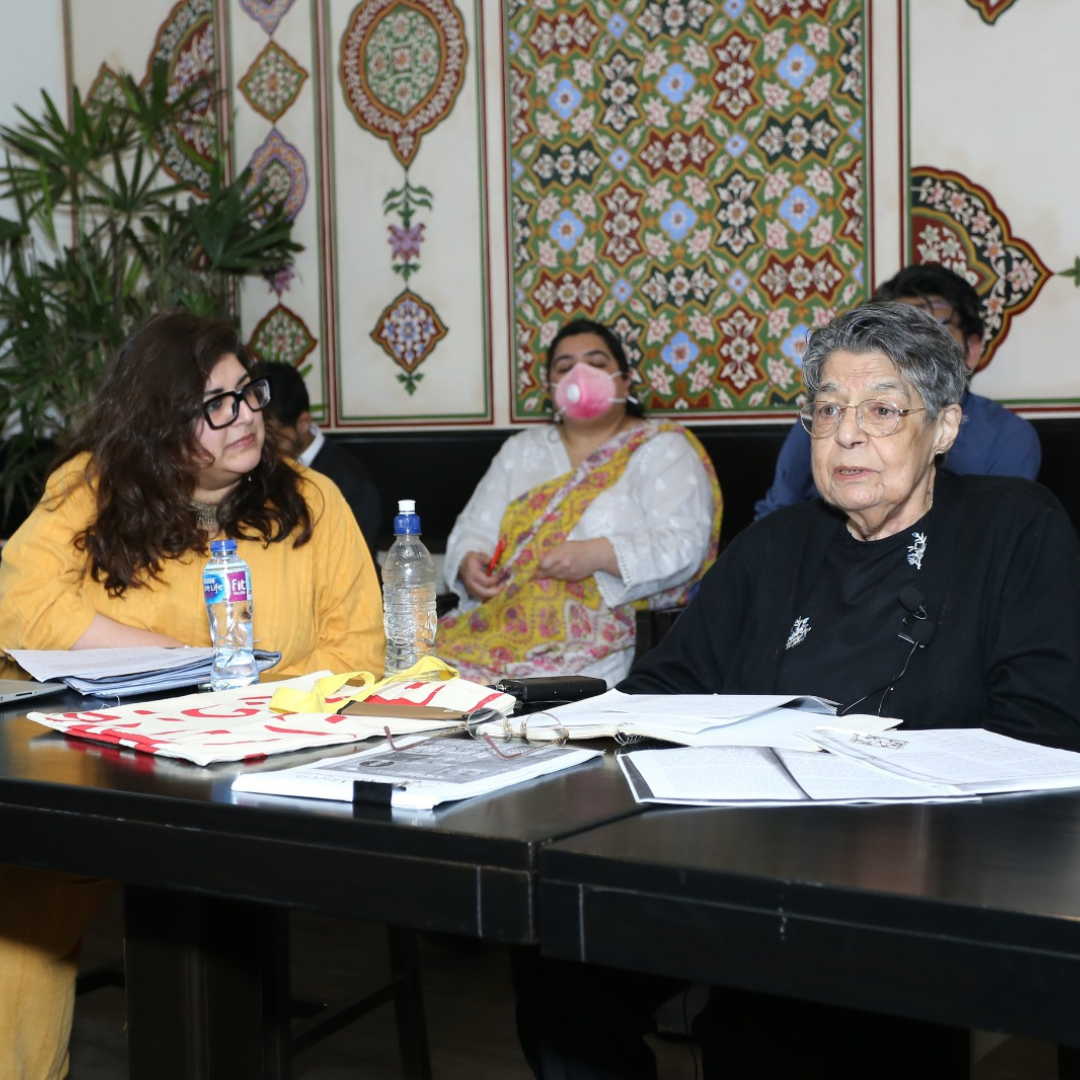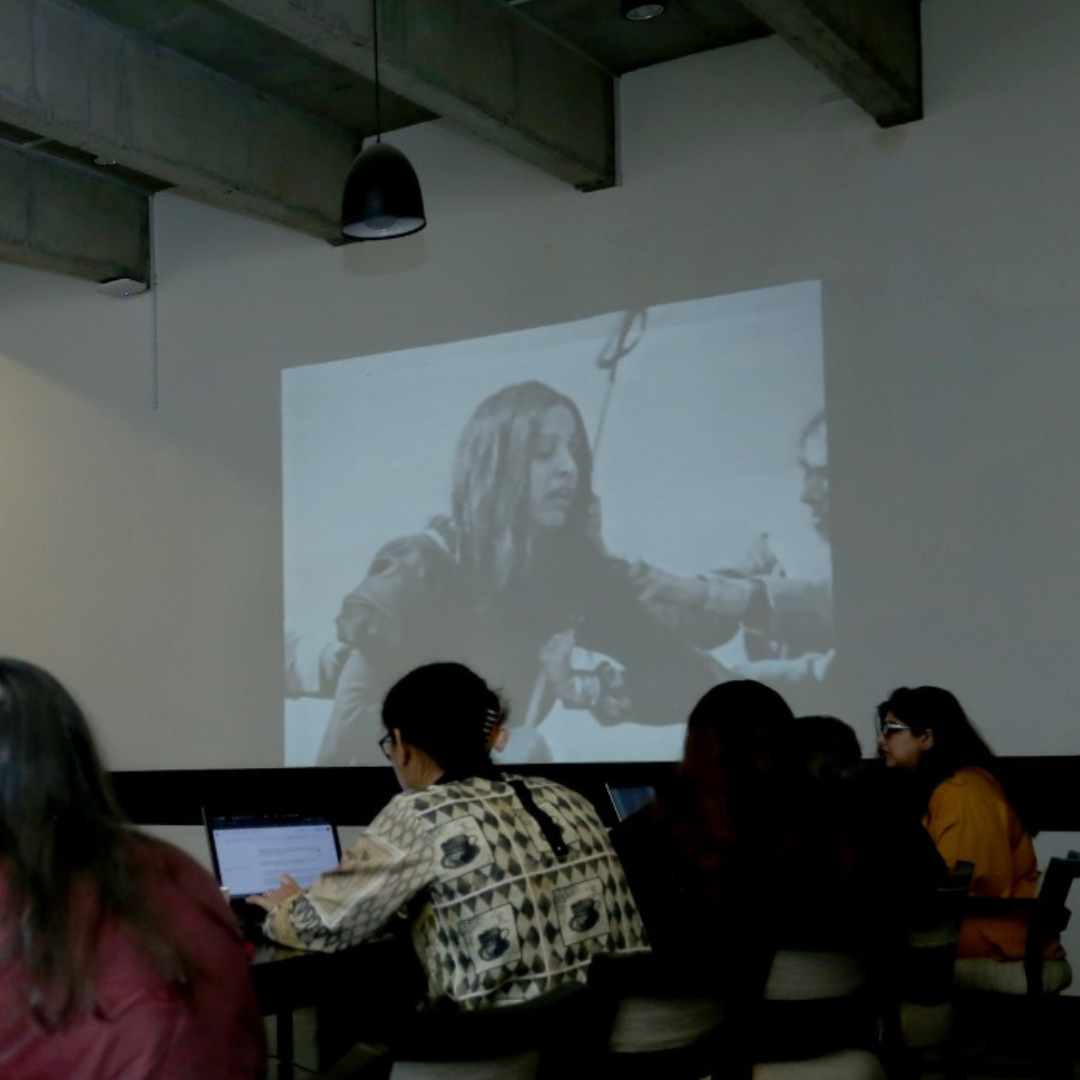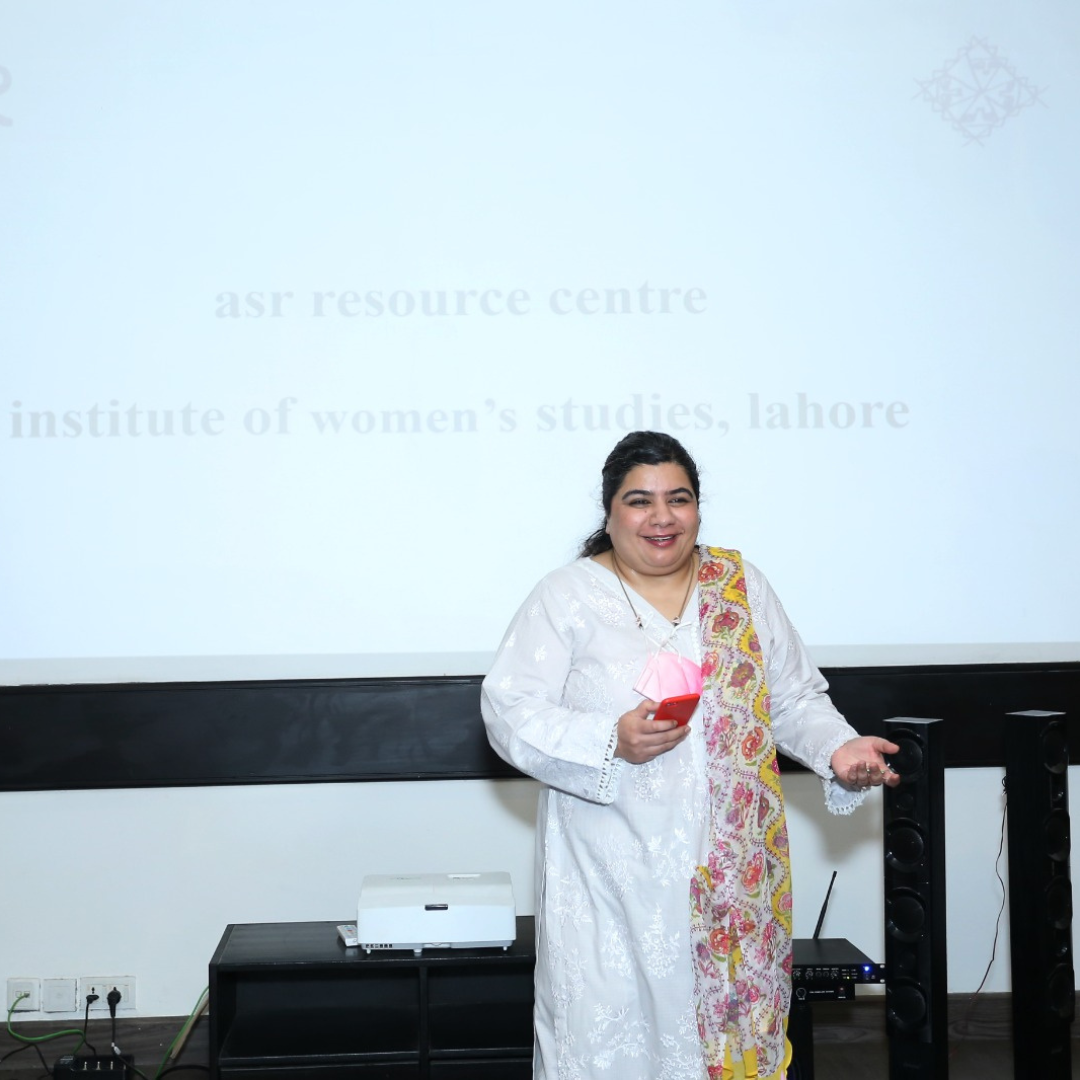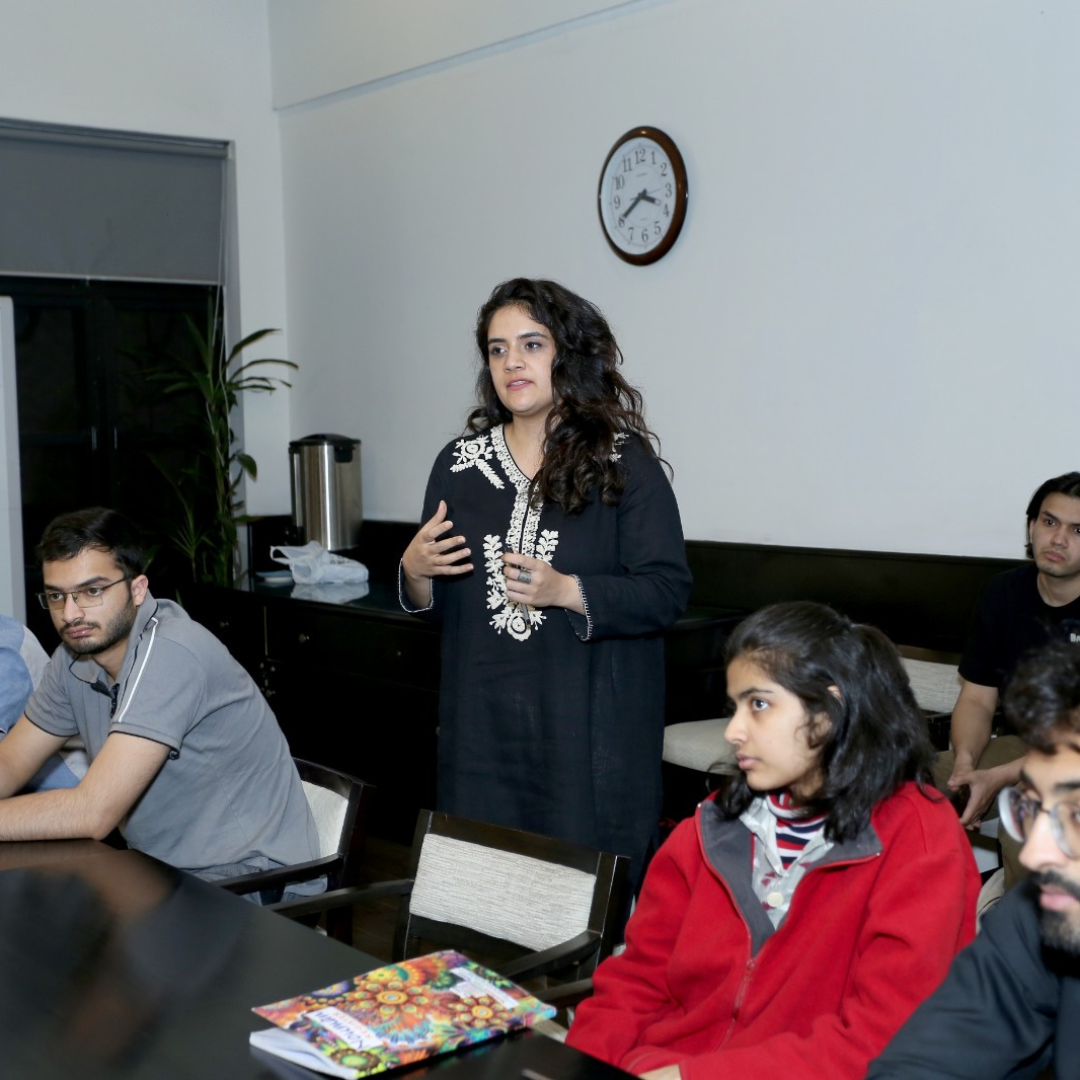From Women's Action Forum to Aurat March: The Personal and The Political
On the 12th of March, as part of the esteemed Nigar-Ahmed-Rubina-Saigol series, MHRC (in collaboration with SWGI) proudly hosted Nighat Said Khan, a founding member of the Women Action Forum. Khan delved into the intricate history of the Women's Action Forum (WAF) and the evolving dialectic between WAF and the Aurat March.
The conversation journeyed back to 1981 with WAF’s inception. They began with only 14 members and grew to have 86 members by 1983.WAF was extremely active from 1981 to 1991, that period being a particularly difficult time as it was marked by Zia’s dictatorship in Pakistan. Khan described how women were the linchpin of Zia’s policies with much effort being put into policing women’s clothing, restricting their access to public spaces, and passing laws that blatantly discriminated against them.
Khan then showed a short documentary covering WAF’s work from 1981 to 1991 and the larger conversation around women’s rights in Pakistan at the time. WAF protests at the time not only reflected the first sign of emancipation but also the revival of democracy within a dictatorship.
Transitioning into the post-Zia era, Khan highlighted the shifting dynamics of women's activism. While Benazir Bhutto's tenure ushered in newfound civic spaces for women, the lingering culture of policing women, ingrained during Zia's regime, manifested in increased incidents of harassment. Khan's anecdote of standing up to harassment underscored the ongoing struggle for women's agency in public spaces.
Much of WAF’s work has focused on advocating and lobbying for women’s rights while ensuring a unified approach across all its chapters. Post 2007, young leftist activists emerged, who also went on to form Aurat March. AM played a key role in emphasizing how the personal is political and highlighted issues pertaining to sexuality and marriage, which WAF hadn’t previously picked up. Khan also emphasized that WAF, unlike Aurat March, has been less adept at using social media to convey its positions on various issues. This is because considerable deliberation is required to reach a consensus within and across its chapters (based in Karachi, Lahore, Islamabad, Quetta, Peshawar, and Hyderabad) before publicly disseminating its stance.
In concluding the discussion, Nighat Said pointed out the role students can play in building upon the discussion surrounding civic rights and well-being by engaging with the archival work produced by women’s groups and organizations.
Gallery




Mahbub ul Haq Research Centre at LUMS
Postal Address
LUMS
Sector U, DHA
Lahore Cantt, 54792, Pakistan
Office Hours
Mon. to Fri., 8:30 a.m. to 5:00 p.m.

